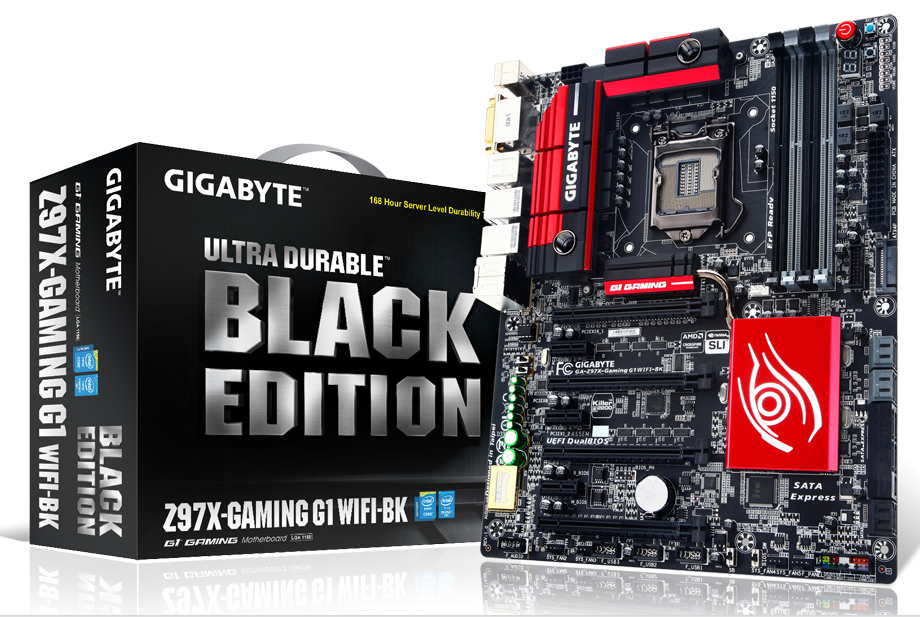GIGABYTE Technology has unveiled its latest PCIe 4.0 M.2 SSD – AORUS Gen4 5000E which comes in two capacities of 500GB and 1000GB with 5000 MB/s read speed and 30% lower overall power consumption. The AORUS Gen4 5000E has passed several comprehensive performance and stability tests to ensure users the most stable SSD with next-level performance.
“PCIe M.2 SSD dominates the present market with its advantages of small size and premium performance, making it the perfect choice for users to enhance storage performance, especially in the case of speedy PCIe 4.0 SSDs”, said Jackson Hsu, Director of the GIGABYTE Channel Solutions Product Development Division. “Since the well-reputed PCIe 4.0 SSD first launched in 2019, GIGABYTE carries on with the belief in providing top-quality products to meet the needs of superior performance and ultra durability. AORUS Gen4 5000E SSD with 5000 MB/s read speed performs a key role in the improvement of storage performance”.
AORUS Gen4 5000E SSD is available in two sizes of capacity, 1000GB and 500GB. Featuring PCIe 4.0 x4 NVMe 1.4, 2280 M.2 design, and selected 3D TLC NAND flash, it provides transfer speeds up to 1600 MT/s and 5000 MB/s under GIGABYTE R&D’s professional tuning. The overall power consumption is over 30% lower compared to previous generation PCIe 4.0 SSDs.
This new development keeps the system operating at high-profile performance with low-profile power consumption. Along with the built-in Thermal Guard feature found on GIGABYTE motherboards, AORUS Gen4 5000E SSDs can unleash the ultimate performance of PCIe Gen4 M.2 SSDs without any thermal throttling and provide ultra-fast, durable, and low-temperature user experience.
In order to provide even more stable and formidable storage performance, AORUS Gen4 5000E SSD has been verified by various rigorous tests with GIGABYTE motherboards of diverse chipsets, including heavy-loading, high-temperature, and high-stress tests. In addition, TRIM & S.M.A.R.T technology ensures stability and durability, while HMB(Host Memory Buffer) enables system memory to collaborate with SSD to optimize overall performance.








